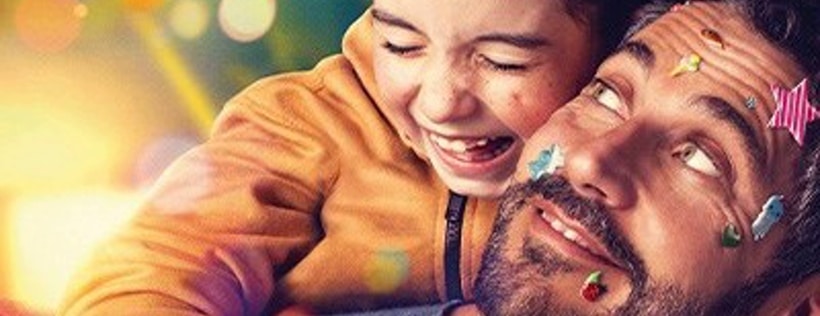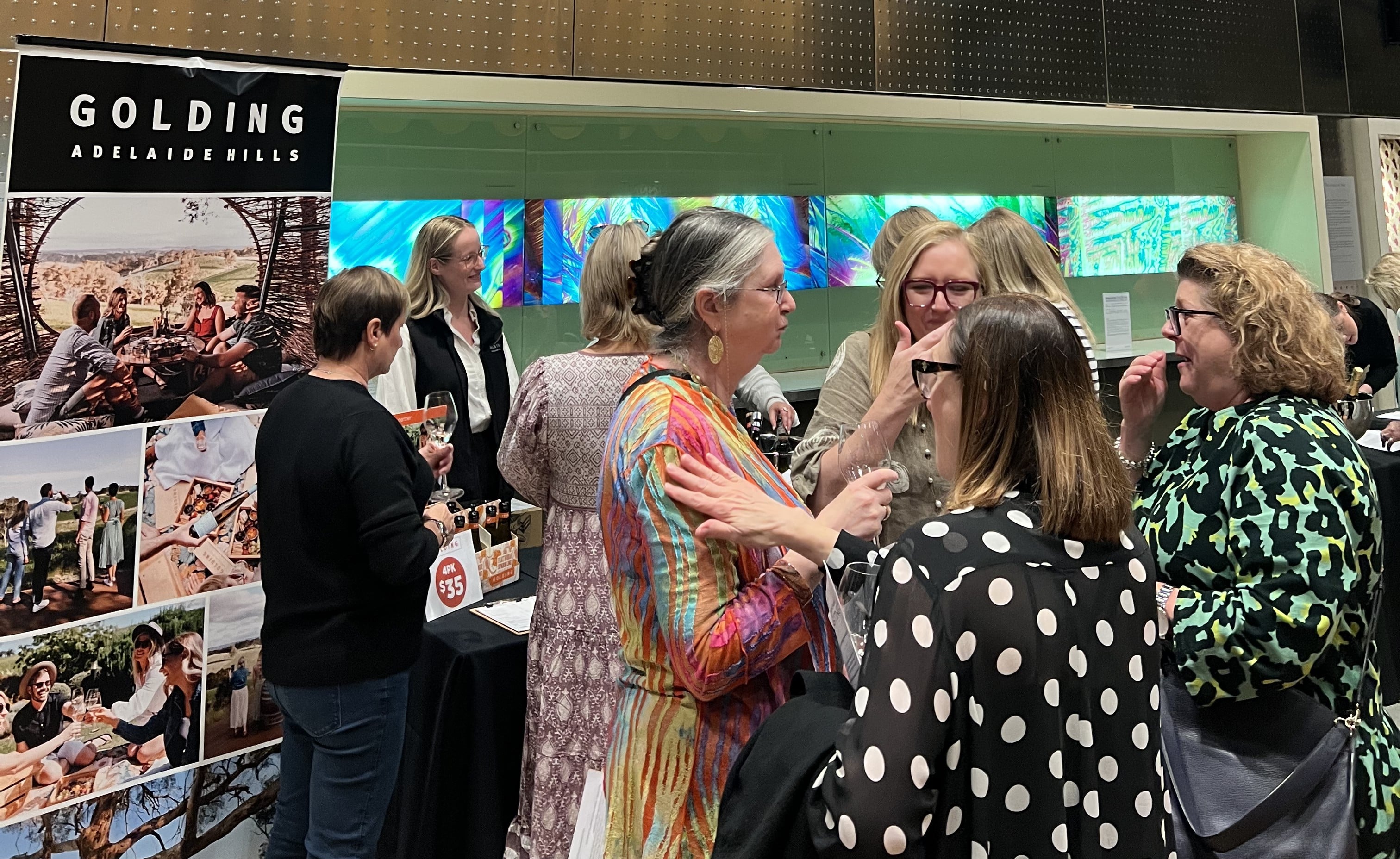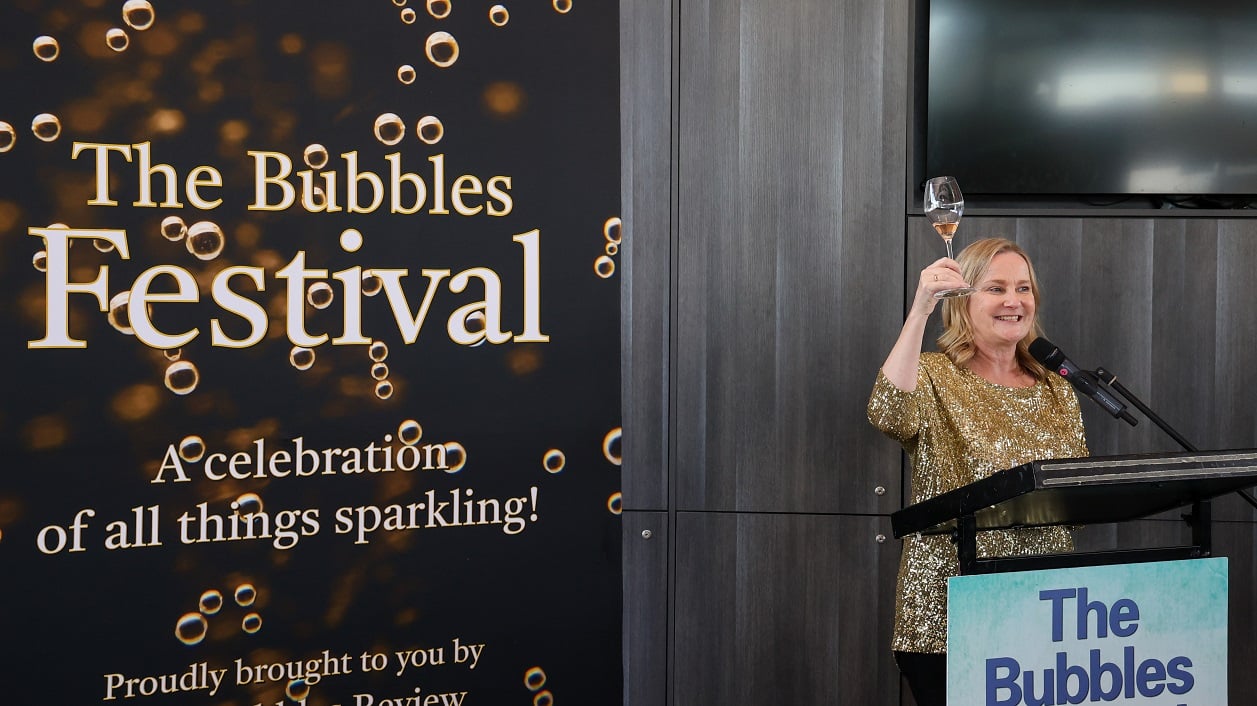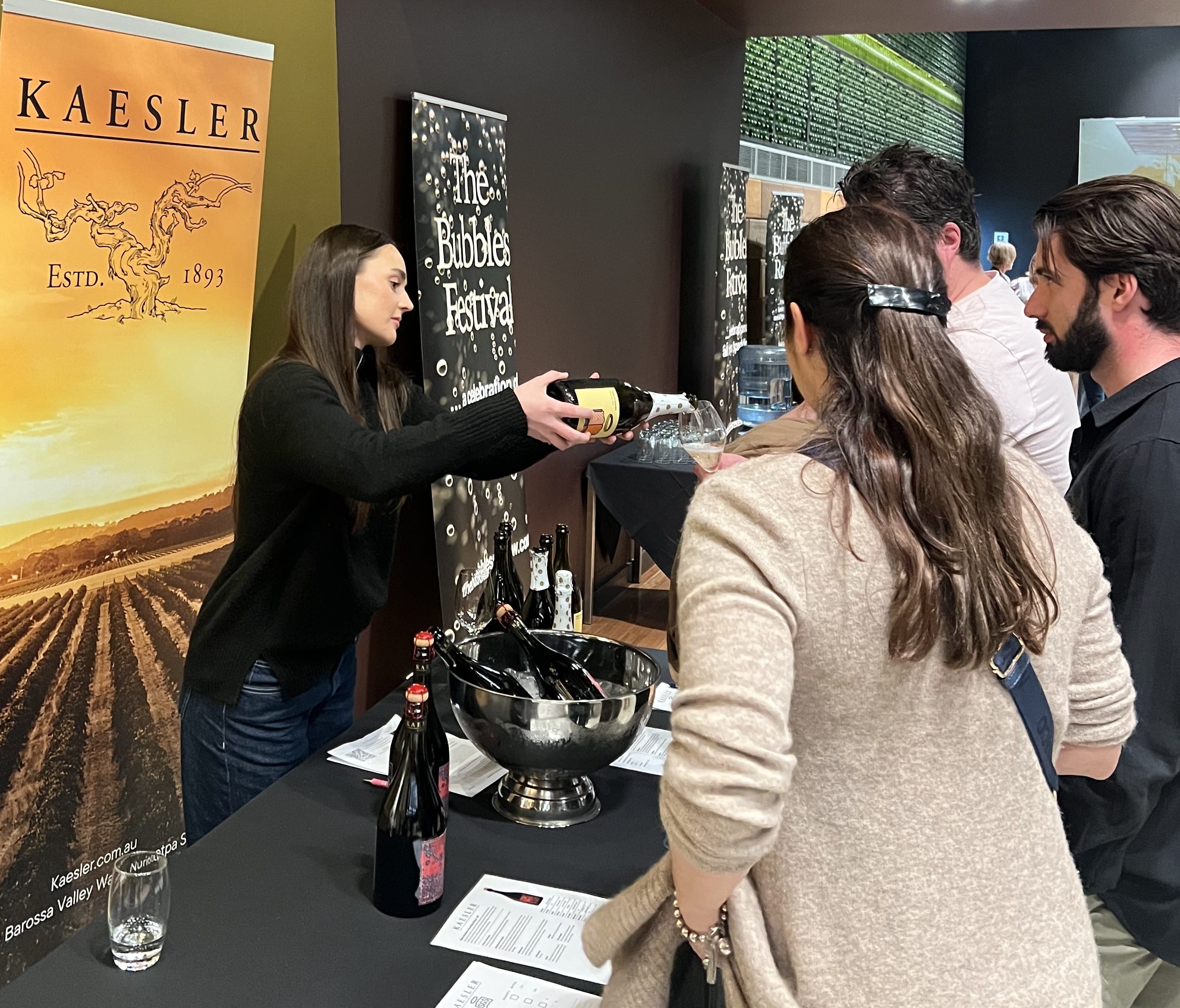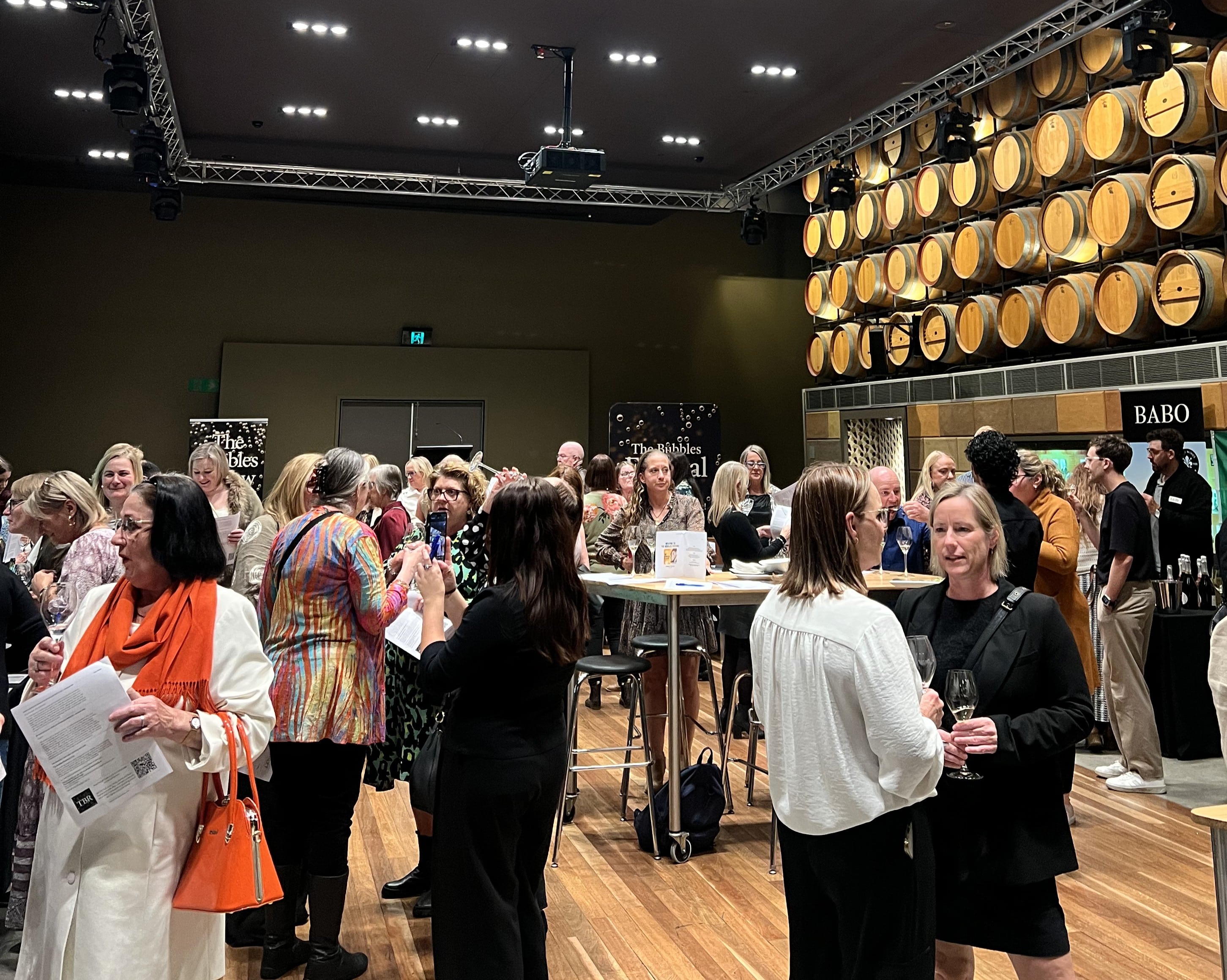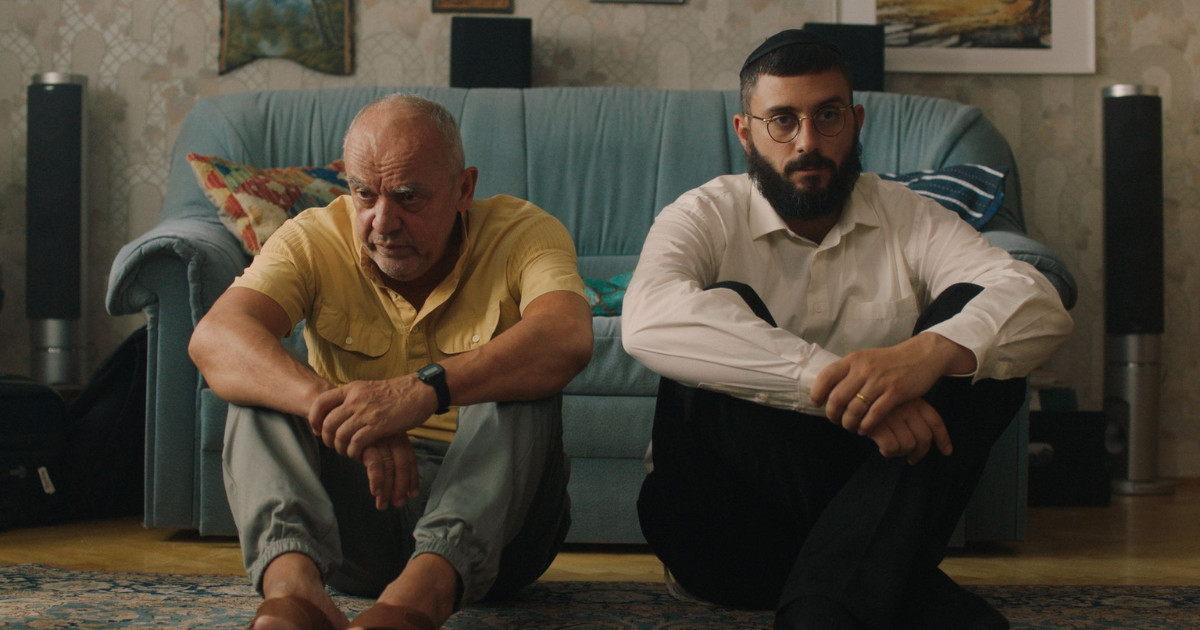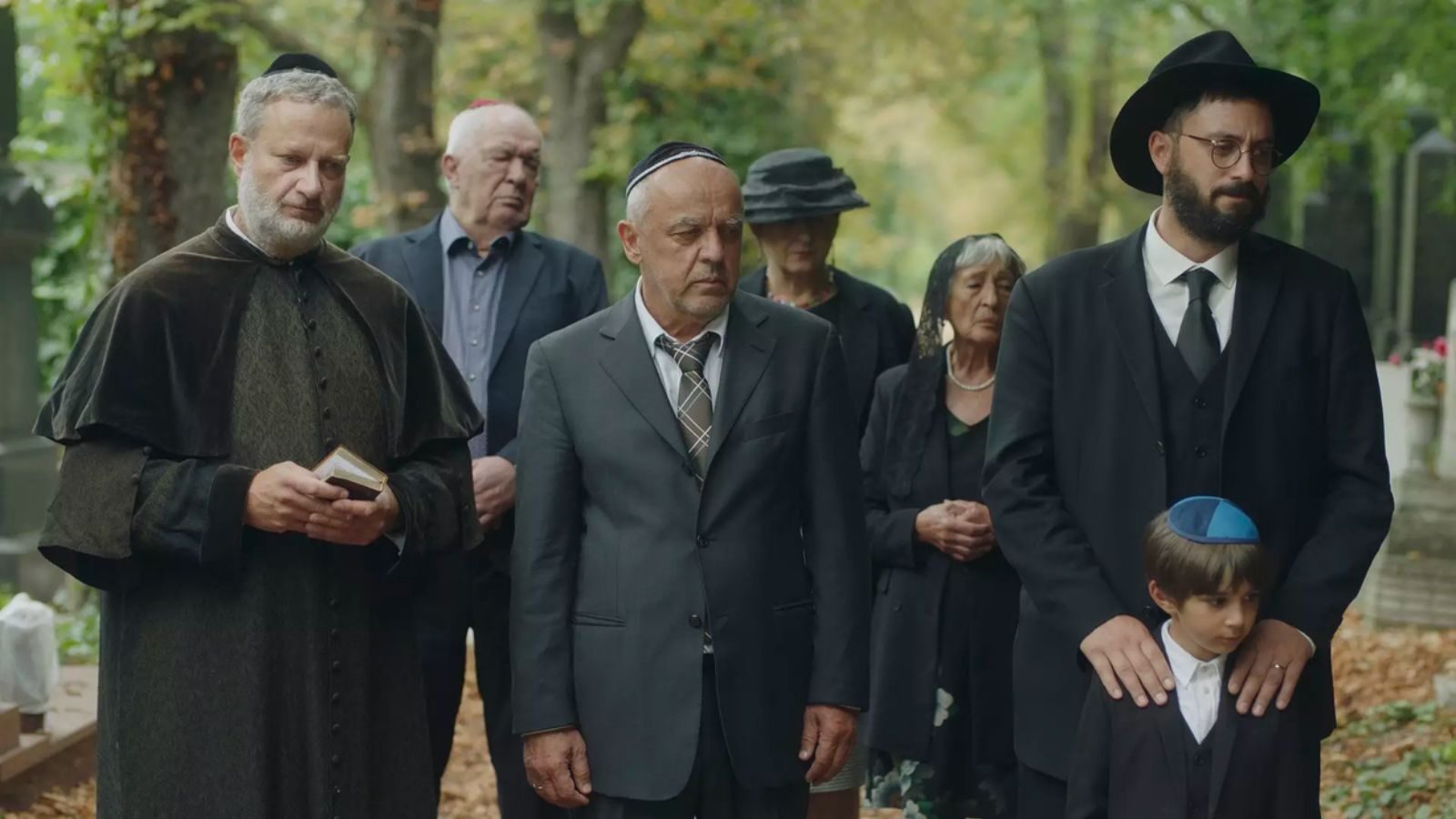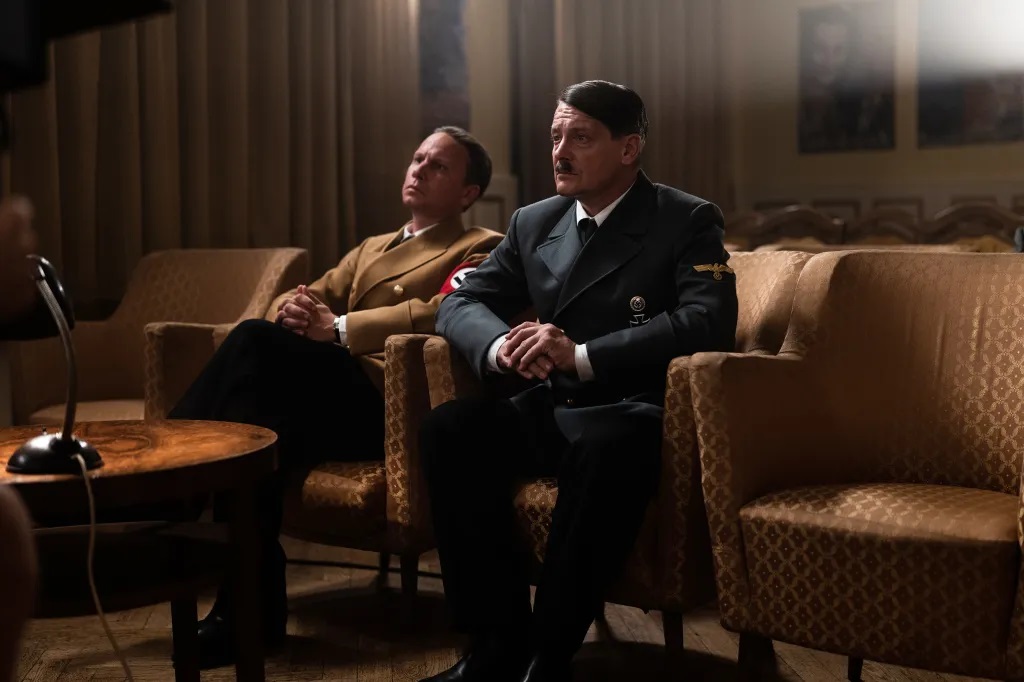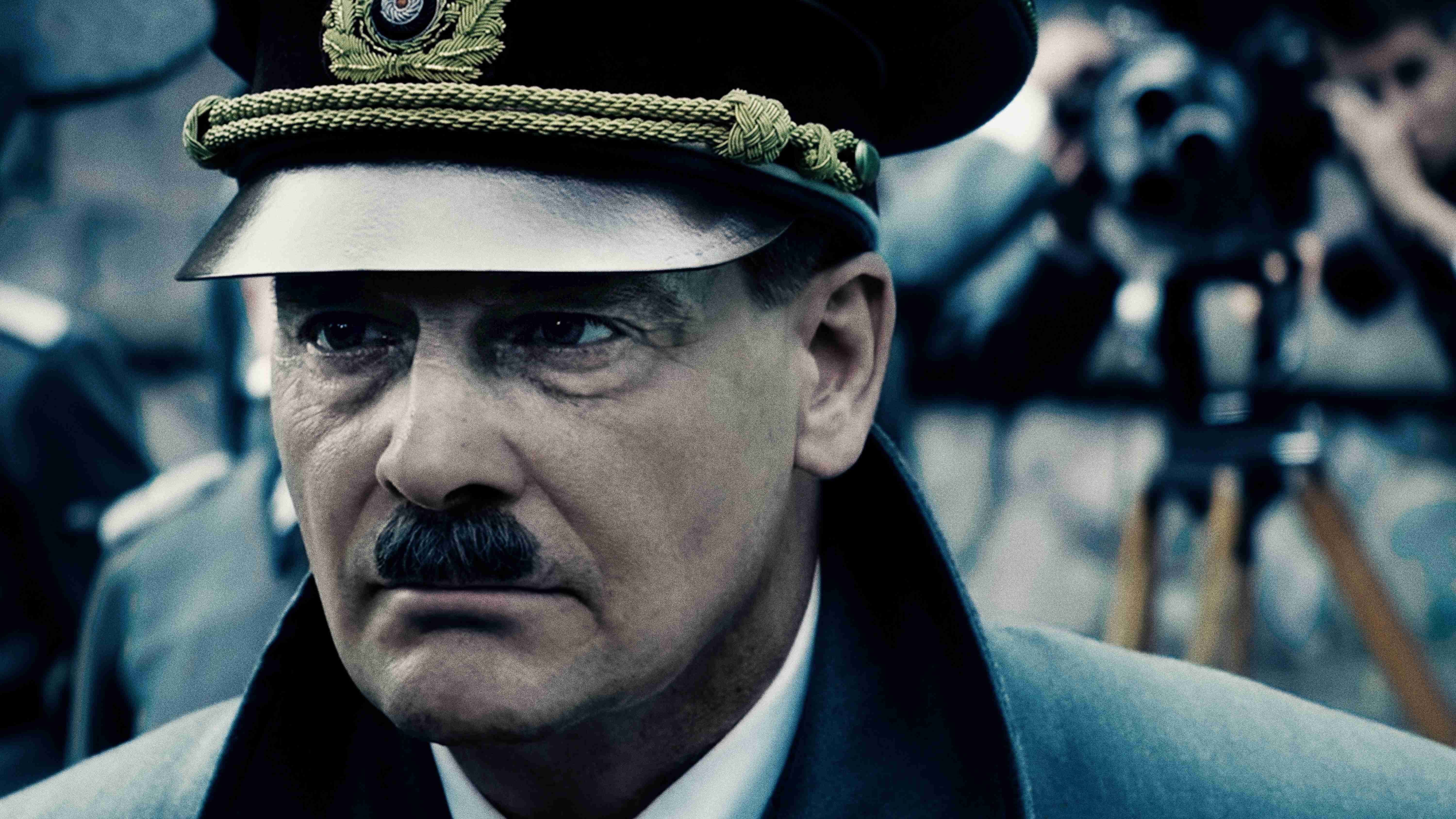Babies Don’t Come with Instructions is a 2024 Spanish comedy-drama film directed by Marina Seresesky and written by Marta Sánchez and Irene Niubó, based on the 2013 Mexican film Instructions Not Included.
Leo is a carefree womaniser, living a self-centred life in a small coastal town in the Canary Islands. His world is turned upside down when a woman from a brief, casual affair shows up, drops off their daughter, and leaves, making him responsible for her.
At first, Leo intends to return the girl to her mother, but his attempts fail. Forced to raise her, little by little, he learns how to be a father, and his values and priorities shift in unexpected ways. Years pass, filled with happiness, until the mother reappears intending to reclaim her daughter. Will he give her up easily, especially with a mystery illness?
Director Marina Seresesky has pulled out all stops to extract every nuance of Sanchez and Niubo’s script and given us a taste of the Canary Islands in all its scenic wonder.
The characters are well drawn, and the action is well paced. I particularly enjoyed the developing relationship between Leo and his ‘daughter’ Alba. It tugs at the heart strings and a tear or two!
Paco Leon’s Leo is vulnerable and takes us on a journey from a unexpected father to a devoted parent who cannot live without his daughter and wants to enjoy his little girl before time runs out! The scenes when he is climbing up buildings are beautifully photographed.
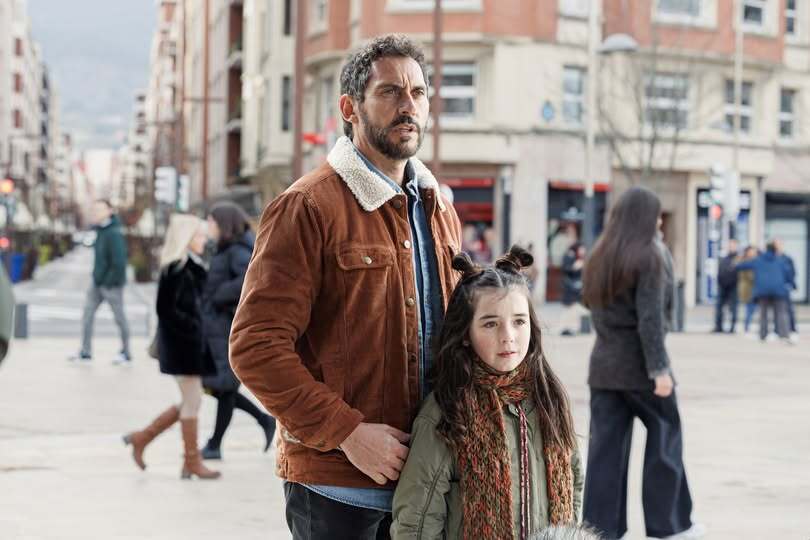
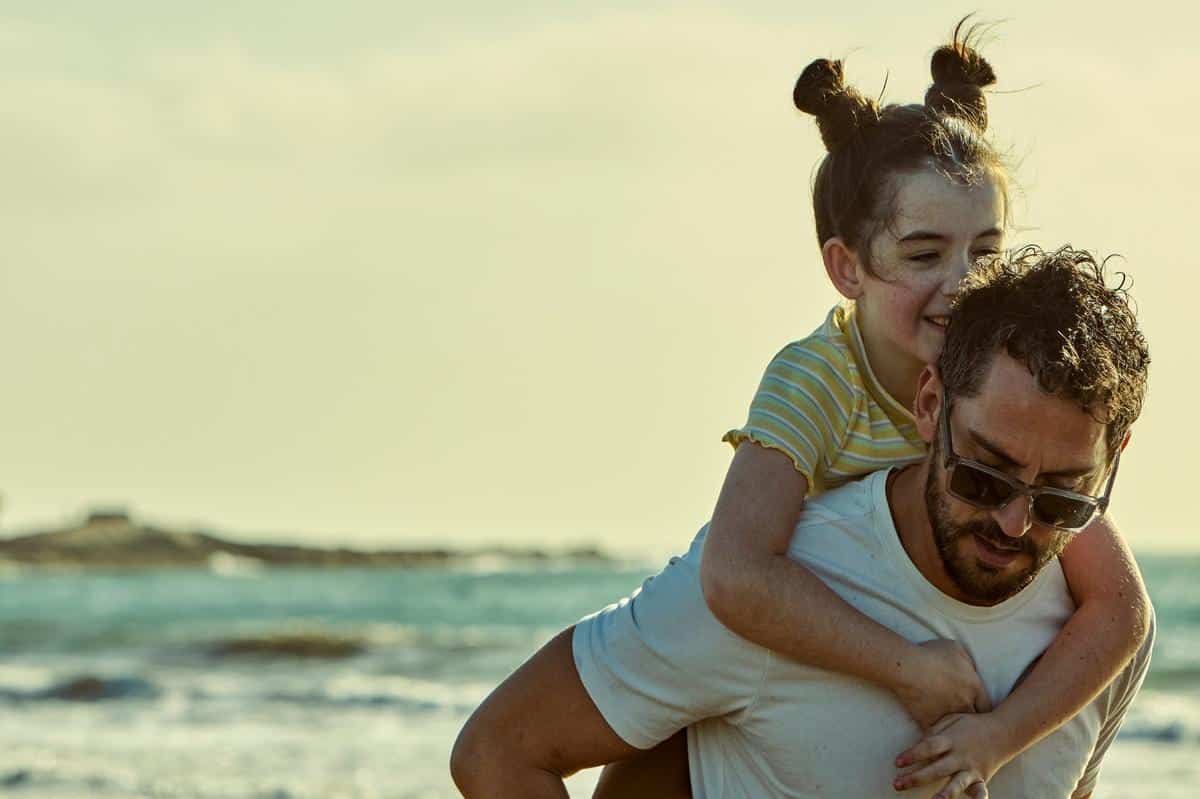
Maia Zaitegi’s Alba is everything a little girl should be – innocent, naïve, idealistic and devoted to her father. The scene when she returns to Leo after being taken to Munich by her biological mother is charged with emotion.
Silvia Alonso’s Julia has the difficult role of the mother who abandons her child and returns to get her eight years later. This could have resulted in a performance that creates a disagreeable character, but not so Alonso’s portrayal. One can see her viewpoint and we feel for her.
Malcolm Treviño-Sitté’s Modu is the best friend we all wish we had. He is loyal to his wife, but equally loyal to Leo and supportive especially when he learns of his life-threatening illness.
The remaining cast give solid performances that enhance the main characters and storyline.
It is interesting that the décor Alba’s bedroom grows as her relationship with her father grows. It is every little girl’s paradise with a swing, a slide from her bunk bed to the floor, toys everywhere and an immense picture wall of her and her father.
Babies Don’t Come With Instructions is a heart-warming comedy that is sure to please any theatre goer who is a parent or simply enjoys a good story with a message. It is a cinematic gem and definitely worth a watch!
To book tickets to Spanish Film Festival – Babies Don’t Come With Instructions, please visit https://spanishfilmfestival.com/films/spa25-babies-dont-come-with-instructions.
